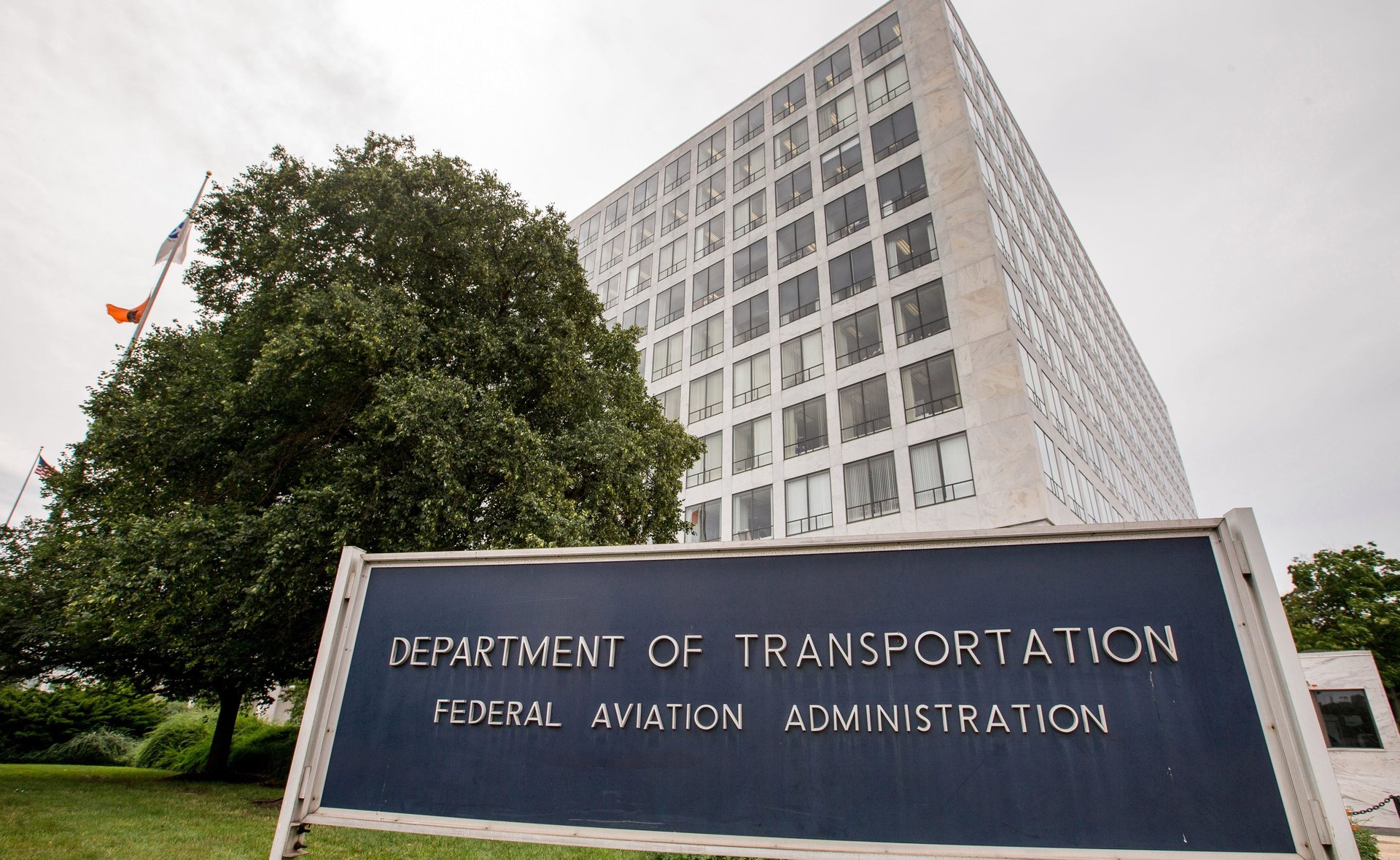A review of the 737 Max approval found the FAA signed off on a plane it didn’t fully understand
The US Federal Aviation Administration (FAA) delegated far too much of the certification process of the 737 Max plane to its manufacturer, Boeing, and didn’t comprehensively understand a new flight system on it that was later linked to two deadly crashes, the international panel that has been reviewing the plane’s approval process has found, according to a Reuters exclusive.


The US Federal Aviation Administration (FAA) delegated far too much of the certification process of the 737 Max plane to its manufacturer, Boeing, and didn’t comprehensively understand a new flight system on it that was later linked to two deadly crashes, the international panel that has been reviewing the plane’s approval process has found, according to a Reuters exclusive.
The Boeing 737 Max plane, which began flying commercially in 2017, was involved in a deadly crash of a Lion Air flight in October last year, and of an Ethiopian Airlines flight in March this year, killing a total of 346 people. The crashes have been linked to a safety system called the Maneuvering Characteristics Augmentation System, or MCAS, which forces the nose of the plane sharply downward in response to data indicating the plane risks losing lift. In both cases pilots fought the MCAS function, which came on in response to erroneous data, but were unable to prevent their planes from nose-diving.
Up until the first crash, pilots were neither informed of the existence of MCAS, nor trained on it. In fact, despite how powerfully the MCAS function can act, and the precious seconds pilots have to override it, pilots approved to fly earlier 737 models were given just an hour or two of iPad training on the new plane. This is because the FAA certified the plane as a variation on the 737 line, and did not require training specifically on MCAS—unlike regulators in Brazil—after an approval process that was in large part carried out by Boeing engineers.
“With adequate FAA engagement and oversight, the extent of delegation does not in itself compromise safety,” states the report, which is scheduled to be released officially later today (Oct. 11). “However, in the B737 MAX program, the FAA had inadequate awareness of the MCAS function which, coupled with limited involvement, resulted in an inability of the FAA to provide an independent assessment of the adequacy of the Boeing-proposed certification activities associated with MCAS.”
The report also found that the MCAS “was not evaluated as a complete and integrated function” and that the certification process also suffered from “the lack of a unified top-down development and evaluation” and “extensive and fragmented documentation.”
A Seattle Times report in March found the new flight system was made much more powerful in the course of the certification, a change that took several FAA engineers involved in the safety evaluation of the earlier version by surprise when they realized that fact in the wake of the Lion Air crash. Engineers also told the Seattle Times that FAA management pushed technical experts at the agency to delegate more tasks to Boeing to speed up the process.
The Joint Authorities Technical Review panel was set up in April, a little over a month after the Ethiopian Airlines crash, which led to the plane being grounded globally. It’s led by veteran safety investigator Chris Hart, who served as chairman of the National Transport Safety Board in the Obama administration’s second term, and includes safety experts from nine aviation regulators, as well as the FAA and NASA.
It’s separate from the FAA’s process to evaluate the changes Boeing is making to the MCAS to regain approval for the Max to fly. Major US airlines have taken the Max off their schedules until next year.
The FAA said it will comment after it receives the official findings and recommendations from the Joint Authorities Technical Review panel later today.